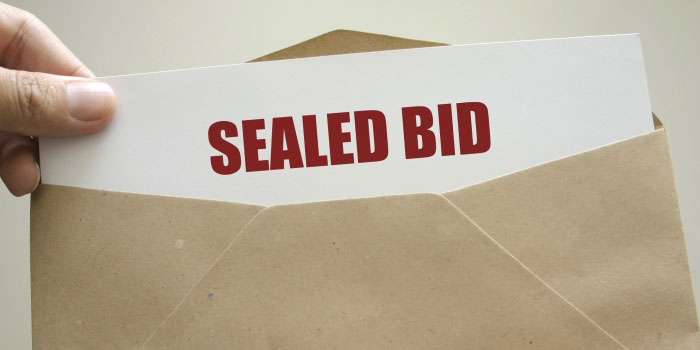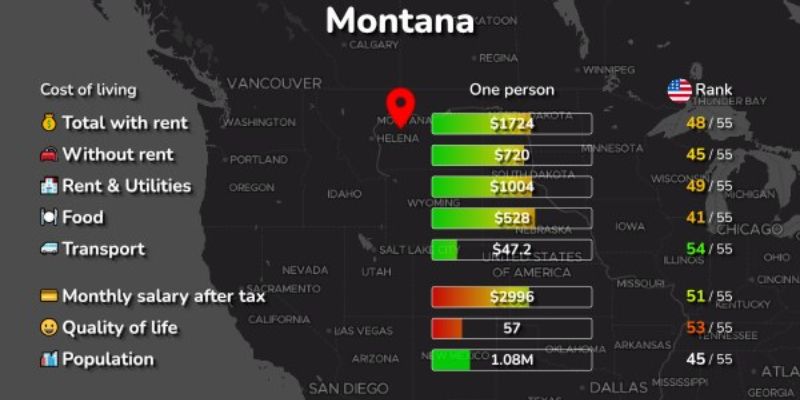A predicament might arise for those who unexpectedly come into surplus funds. Is it better to put the money to work in assets that will grow for the future, or should they spend it to pay off (or at least significantly reduce) the mountain of debt they've accumulated? Depending on the specifics, either option may be the best action.
Differences Between Investing and Paying Off Debt

Investing is a method of saving for the future, typically through purchasing security (stocks, bonds, or mutual funds) with the expectation that its value will increase over time. Yet, debt is defined as money that has already been spent but for which interest is being charged. If you don't pay the interest on your loan, it will compound, adding more and more to your top total.
Reasons To Invest
Investing makes sense if you can generate more interest on your money than you are paying in interest on your loans. If you have a mortgage at 5% interest and can put your excess cash in a stock market index fund that returns 10% annually, the index fund will earn you more money in the long run.
Sadly, things can be complicated. Investing is a risky business. An index fund can gain 10% this year and lose 10% the following year. Although there are guaranteed interest-rate assets like bank CDs and U.S. Treasury bills, the returns are often lower than those offered by credit card firms and other lenders.
Reasons to Reduce Debt
There are numerous compelling reasons why it may be preferable to prioritize debt reduction over investment. The first is the possibility of financial gain from a relatively high-interest rate on your loan, as was discussed above.
In the case of credit card debt, this is especially true. Investopedia's credit card database shows that the average interest rate on credit cards is 19.62%. That kind of return takes a lot of work in the financial world.
A credit score is a figure that is essential if you want to borrow money in the future, such as for a mortgage or auto loan, so there's another good incentive to pay down debt.
A loan could be accessible and affordable if you have a good credit score. Your insurance rates, your ability to rent a flat, and even your chances of getting hired can all be influenced by your credit score.
Why You Should Do Both

You can choose between investing and paying down debt. Both are possible and even recommended at times. You could use some of it towards paying off debt and the rest towards starting an emergency fund if you don't already have one. Low-risk and easily accessible investments, like money market mutual funds, are ideal for an emergency fund.
Managing Your Debts
The next question is how to implement your plan once you've decided to spend your extra cash to eliminate your debts. The solution is straightforward if you have enough money to pay off all your debts in full. Nevertheless, you'll have to make some tough choices if you have limited disposable income.
In most cases, paying off the loan with the highest interest rate first will result in the quickest debt repayment plan overall. If you have two credit card balances, one with a 20% interest rate and the other with a 15% interest rate, pay off the card with the higher rate first.
If You're Truly in Debt
If you're trying to get a handle on your debt and your extra income isn't cutting it, you may need to take more extreme steps. First, immediately go to your credit card company or another loan provider if you have difficulties paying even the minimum monthly payment.
It could be ready to negotiate a lower interest rate or reduced minimum price for your loan. Instead, hire a debt reduction organization to act as your representative during discussions. Scammers abound in this region, so be wary of anyone you do business with.
According to the FTC, "These organisations typically charge cash-strapped clients a substantial up-front fee, but fail to help them settle or lessen their debts—if they provide any service at all." 2 Each year, Investopedia compiles a list of the finest debt settlement providers in the country.
The Conclusion
If you have some spare cash, it's an enviable position. It's entirely up to you to decide whether to invest or use that money to reduce your debt. Both applications are preferable to frivolous expenditure. No matter your choice, you'll be better off financially than before.



